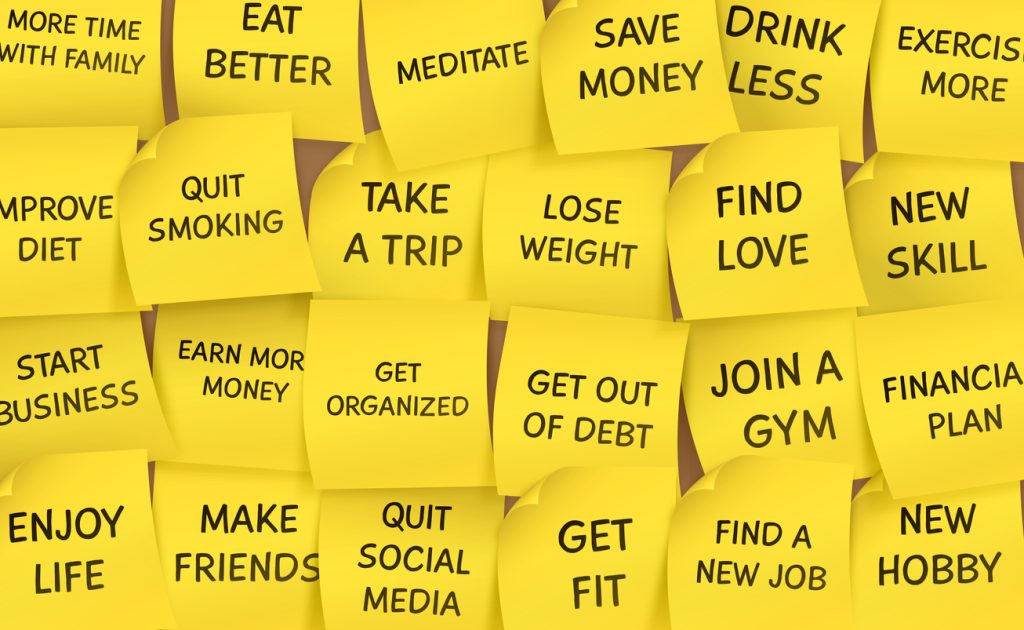To ruminate means literally to chew over and over again. It’s what cows do with grass so they can draw as much of the nutritional value from it as they can.
When we dwell too much on what hurt us in the past, we are doing a different kind of ruminating. We “re-chew” our negative thoughts and memories, drawing as much pain and suffering out of them as we possibly can.
This is one of the worst things we can do for our sense of happiness and well-being.
The compulsion to ruminate can be powerful, especially if we’ve practiced it a lot. We can develop an irresistible urge to replay the events that have made us miserable. Yet some older popular notions from psychology can lead people to believe this is a good thing. We think we are figuring something out. In fact, it’s more like re-striking a bruised injury thinking that will help it to heal.
When we purposefully remember painful memories over and over again, without changing our perspective towards them, we actually reinforce the pain with each visit.
Remember, our narrative memories aren’t facts, they are stories that can contain facts—but they can also contain mistaken ideas or conclusions. So when we ruminate we are not exploring Truth with a capital “T,” we are replaying a painful and helpless story.
I don’t say this to deny anybody’s experience or to minimize anybody’s trauma, but the best thing we can do with painful experiences is to have them take their proper place in history.
Continually revisiting past painful experiences digs those feelings in deeper, keeps them active in our life today, and we can come to see the world through the lens of meaning and pain we felt in the past. Our feelings about every situation, every interaction that remotely resonates with those memories can amplify out of proportion to the current reality.
I’ve had clients whose lives were put on hold for decades, frozen in the hope that through going over and over a past painful relationship, or an awful event, they could somehow “heal” from it. What was unspoken was the belief that if they thought over the event enough, they could actually change the past—which is just not possible.
Winston Churchill once said, “When you’re going through hell, keep going.” Here’s the way to keep moving through those stuck memories, meanings, and feelings, and come out better on the other side:
Instead of treading the same painful ground over and over, dispute the assumptions you bring to that event. Look to view them from a different perspective. Look for other elements of the event that you were not focusing on at the time.
Sometimes we can take things personally that are not personal to us at all. Somebody who snaps at us in anger may actually be in the midst of something completely unrelated to us; or a comment that we took as rejection may have been meant as a courageous gift of valuable feedback.
Our feelings are not objective facts. Feelings come from our experience; they are a subjective response to the meaning that we make of events. That’s how two people can experience the same event and come away with entirely different meanings and feelings associated with that event.
The trick to stop ruminating is to dispute your assumptions.


Recent Comments